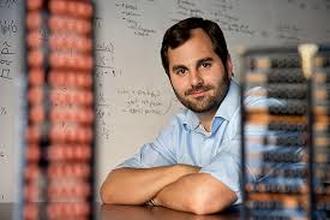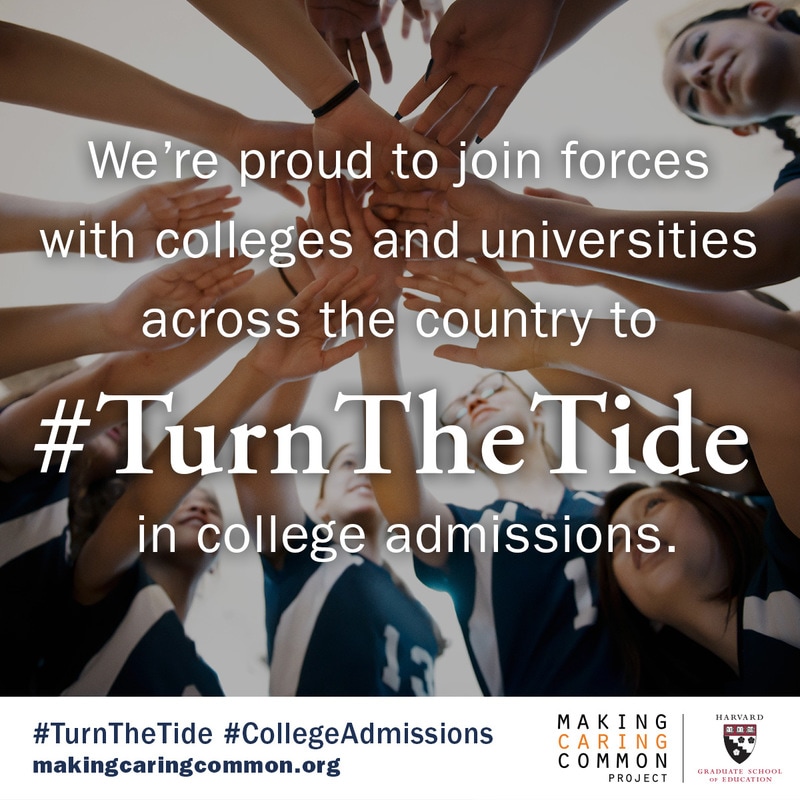1. Four of the top ten professional careers in 2016 are Math-Intensive |
A report of “The Best Jobs of 2016” by CareerCast.com indicates that Reading, Writing and Arithmetic are the cornerstones of education. Of the three “Rs”, it’s “rithmatic” that makes for the best careers in this year’s 2016 CareerCast.com 28th annual Jobs Rated report.
Professions in mathematics top the 2016 CareerCast.com Jobs Rated report, including this year’s best job, data scientist. Of the top ten professions, many are math-intensive. A promising employment outlook and lucrative opportunities land the up-and-coming profession Data Scientist at No. 1 in its second year appearing on the Jobs Rated report. Statistician follows at No. 2, Mathematician ranks No. 6 and Actuary is No. 10. It’s a simple equation: Four math jobs of the 10 best in 2016 equal a booming market for those who deal in numbers. The opportunities for professionals trained in these fields are tremendous, as the IT sector, healthcare, business – and any sector that collects consumer information can put these numbers to use. A growing number of universities offer data science degree programs. |
2. Mental Abacus students show a significant advantage in mathematics. |
A project of “Mental abacus represents large exact numerosities using pre-existing visual resources” by Professors of Harvard, Stanford, UC Berkeley and UC San Diego shows the Mental Abacus students’ exhibit significant advantage in arithmetic calculation compared with the Control Group students with additional hours of supplement math training.
The study research was conducted at a charitable elementary school located in India. Around 200 2nd grade students were separate into 2 group. In addition to regular Mathematics class, one group (MA group) was assigned to receive 3 hours Mental Abacus training and the other group (Control group) to receive 3 hours of supplementary Arithmetic practice from Oxford University Press “New Enjoying Mathematics” series per week. The study spanned three years of the participants’ elementary education, and began with a baseline test before training. The same assessment tests were given at the end of 2nd, 3rd and 4th grade respectively. In addition to the significant advantage on arithmetic calculation in MA group, the research evidence also suggests that MA training provides the benefits by building on children’s pre-existing cognitive capacities. |
3. Turning the Tide Project - Inspiring Concerns for Others and the Common Good. |
A project of “Turning the Tide - Making Caring Common” was created by Harvard Graduate of Education and endorsed by over 80 key stakeholders in college admission promoting the ethical and intellectual engagement – especially concerns for other and the common good.
The report is powerfully positioned to send a strong message to help young students to reduce the amount of excessive personal achievement pressure and instead providing collective, meaningful, sustained volunteer community services. The goal is encouraged the young high school students to become more holistic, generous and humane to contribute back to community and society where they live in ways that benefit not only society but also students themselves. The Turning the Tide report includes concrete recommendations to reshape the college admissions process and promote greater ethical engagement among aspiring students, reduce excessive personal achievement pressure. It is the first step in a two-year campaign that seeks to substantially reshape the existing college admissions process.
Concrete recommendations in three core areas:
|


